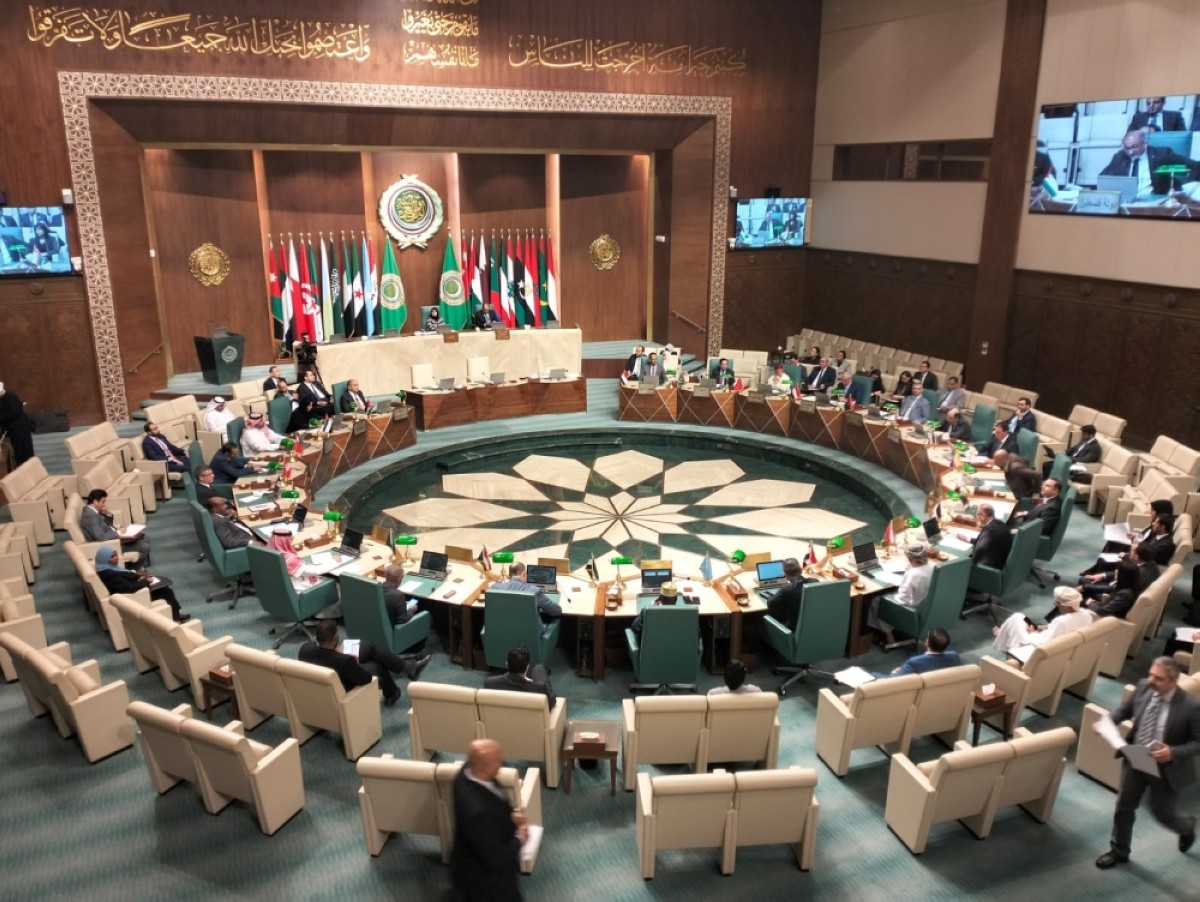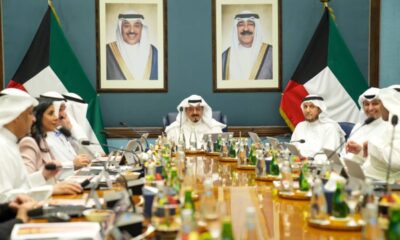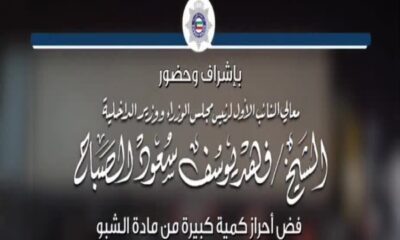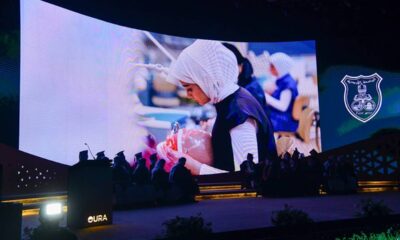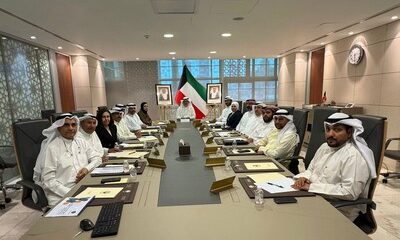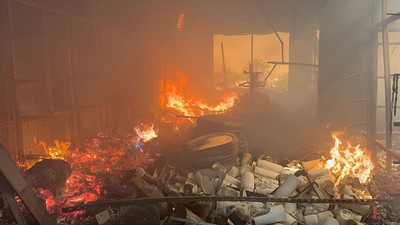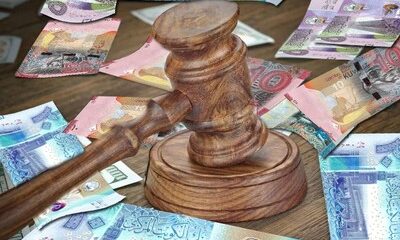KUWAIT: Kuwaiti security men busted an attempt to smuggle a large drugs haul with a street value estimated at KD 1.5 million, with the cooperation of the United Arab Emirates’ interior ministry, a statement announced on Thursday. The haul consisted of 10 kg of heroin and 100 kg of shabu, an illegal chemical substance, and was destined for an Afghan man who was arrested, the interior ministry said.
Through security cooperation with the UAE, the Kuwaiti authorities received information of the shipment that was due to arrive at Shuwaikh Port and belonged to an organized international network. The container was allowed to leave the port by customs men and the receiver, an Afghan man, was arrested at Amghara industrial area, west of Kuwait City.
First Deputy Prime Minister and Interior Minister Sheikh Fahad Al-Yousef Al-Sabah thanked the UAE Deputy Prime Minister and Interior Minister Sheikh Saif bin Zayed Al-Nahyan and Emirati officials for the cooperation that led to the huge bust, stressing the importance of continued security coordination. The minister reaffirmed the ministry’s commitment to countering the drug threat and safeguarding national security through local and international partnerships.
Separately, the interior ministry announced on Thursday the arrest of an employee working at the Public Authority for Civil Information on charges of forging official documents and accepting bribes. The ministry said the bust followed information and coordination with officials from the civil information authority, revealing the suspect had exploited his job authority to access the electronic system and change residents’ addresses without their presence or submission of official documents, in violation of established regulations.
Investigations revealed that the suspect had added fake addresses in exchange for payments of up to KD 120 per transaction, abusing his position for illicit gain. He was found to have processed over 5,000 transactions since the beginning of this year in collaboration with a number of middlemen inside and outside Kuwait.
Two middlemen were arrested, along with seven individuals who had paid money to complete their transactions. The suspect was found to have used the illicit proceeds to purchase jewelry, gold bars and luxury items in an attempt to conceal the source of the funds. The suspects and the seized items were referred to the public prosecution for legal action.
Meanwhile, the interior ministry said on Thursday that the Supreme Commission for Nationality has decided to revoke the citizenship of an unspecified number of people for a variety of reasons. The ministry said in a statement that the citizenships were revoked because holders held citizenship of a third country, banned under Kuwaiti law, while others held citizenships that were obtained through false information and forgery.
Some other citizenships were revoked for the sake of the country’s national interests and others because holders violated their loyalty to the country. The ministry gave no details about the numbers. The commission has in the past 15 months stripped over 37,000 people of their Kuwaiti citizenship, about 29,000 of them were foreign women who became Kuwaitis after getting married to Kuwaiti men.


